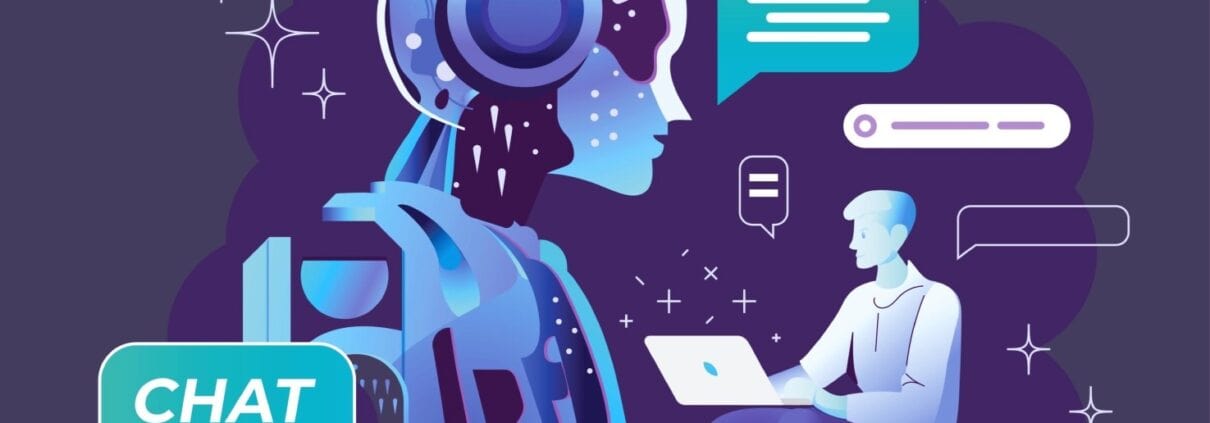Study Finds That GAI and EHRs Can Work Well Together – But Only With Human Oversight
The results of a Mass General study have found that Generative AI (GAI) when combined with existing electronic medical records (EHR) solutions can do a good job at reducing physicians’ workloads and improving patient education — but also that these tools still have limitations that require human oversight.
The Mass General Brigham researchers set out to learn more about the efficacy of large language models (LLMs) when used to draft responses to patient messages in the HER.
For the study, the researchers used OpenAI’s GPT-4 large language model to produce 100 different hypothetical questions from patients with cancer.
The researchers had GPT-4 answer these questions, as well as six radiation oncologists who responded manually. Then, the research team provided those same six physicians with the GPT-4-generated responses, which they were asked to review and edit.
The oncologists could not tell whether GPT-4 or a human physician had written the responses — and in nearly a third of cases, they believed that a GPT-4-generated response had been written by a physician.
The study showed that physicians usually wrote shorter responses than GPT-4. The large language model’s responses were longer because they usually included more educational information for patients — but at the same time, these responses were also less direct and instructional, the researchers noted.
Overall, the physicians reported that using a large language model to help draft their patient message responses was helpful in reducing their workload and associated burnout. They deemed GPT-4-generated responses to be safe in 82% of cases and acceptable to send with no further editing in 58% of cases.
While these are impressive and mostly positive results, the researchers were also quick to point out that LLMs can be subject to “hallucinations” and dangerous without a human in the loop. The study found that 7% of GPT-4-produced responses could pose a risk to the patient if left unedited. Most of the time, this is because the GPT-4-generated response has an “inaccurate conveyance of the urgency with which the patient should come into the clinic or be seen by a doctor,” said Dr. Danielle Bitterman, who is an author of the study and Mass General Brigham radiation oncologist.
You can read the full study, which was recently published in Lancet Digital Health, by clicking here.
How BigRio Helps Bring LLM and Advanced AI Solutions to Healthcare
We share Mass General Brigham’s researchers’ conclusions of the transformative impact GAI and LLMs can have on healthcare. We also share their concerns about the inaccuracies that can sometimes be generated by commercial software like GPT-4.
A recent report produced by the AMA pointed out many challenges remain before the medical industry could embrace GAI on a major scale. Most of the concerns the AMA identified are a problem when healthcare organizations and clinicians turn to “commercial off the shelf” GAI solutions such as those created by big tech companies like Google, Microsoft, or OpenAI.
But what if you could surmount privacy, bias, and other challenges by building a GAI-LLM model for your healthcare organization’s unique targets and needs? You can, with BigRio’s Help!
Creating a large language model from scratch requires extensive resources, the expertise of AI developers and data scientists, the MLOps team, and computational power. It involves training the model on massive datasets, fine-tuning it through multiple iterations, and optimizing its performance. This process demands substantial time, expertise, and computational resources, including high-performance hardware and storage systems. The good news is that the BigRio team can offer you all of the above and more!
BigRio has long been a facilitator and incubator in leveraging AI to improve healthcare delivery, originally in the field of diagnostics and research. We have recently been focusing our efforts on supporting startups and developing our own solutions that use LLMs and GAI to improve those areas of healthcare as well as in direct patient interactions and customer relationship management.
And, BigRio has deep expertise in EMR/EHR systems integration including EPIC and Salesforce integrations with a variety of other systems.
You can read much more about how AI is redefining healthcare delivery and drug discovery in my new book Quantum Care: A Deep Dive into AI for Health Delivery and Research. It’s a comprehensive look at how AI and machine learning are being used to improve healthcare delivery at every touchpoint.



